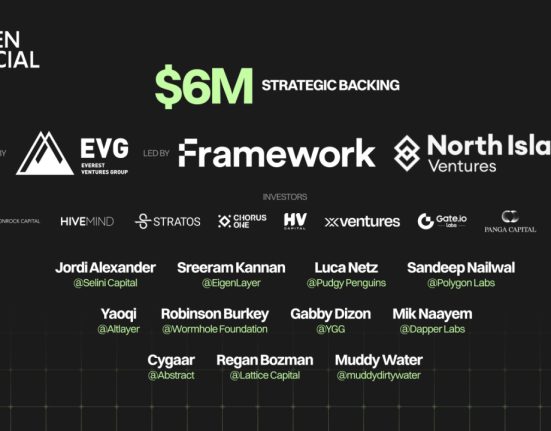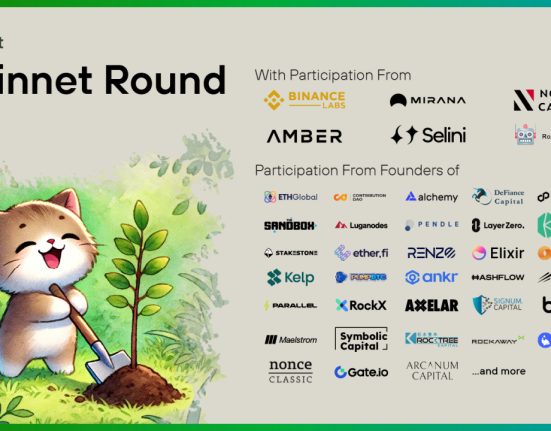Since 1972’s Magnavox Odyssey, gaming has advanced greatly. Web 1.0, Web 2.0, and Web 3.0 have evolved the internet and gaming.
Blockchain technology has transformed the gaming business by providing transparency and player ownership, which Web 2.0 games lacked.
As Web 3.0 gains awareness outside of banking, venture capitalists and investors have backed Fenix Games and BLOCKLORDS. For the last few years, most Web 3.0 games have used the play-to-earn model, where players earn tokens or NFTs that can be sold for real money.
While this has helped the less fortunate earn a living, most Play-to-own games have weak tokenomics, resulting in an unsustainable growth model and exponential token devaluation. The reason we play games is to have fun, but adding a financial incentive changes everything. Play-to-own excels. Another Web 3.0 gaming concept, P2O (play-to-own), better matches Web 2.0 games.
Play-to-own games emphasize longevity and entertainment by giving in-game objects distinct and dynamic features that depend on player actions. Each player’s experience is unique and worth the time and effort. Web 2.0 games do not allow players to own objects or characters, thus they can be taken away as soon as they log in. Building a gaming ecosystem where players can own their unique experiences puts us closer to the optimal gaming experience.
The play-to-own approach refocuses on fun while retaining Web 3.0 gaming’s benefits. Each model serves different gaming goals. Play-to-own games, which mimic Web 2.0 games, are most familiar to devoted players.
Gamers can play for fun, and objects aren’t just for sale but for the long haul.
This concept may lead Web 3.0 adoption by the major games. Play-to-earn isn’t traditional gaming, but its economic impact is. It has allowed less fortunate people to make a living doing what they love—a uncommon event in life.
That adds more to society than just a few cash. Games and entertainment should be open to everyone, and if they can benefit them economically, why not? Play-to-earn has a role in the space, but it may not be the future of blockchain games.
Web 3.0 games must focus on longevity to compete with the biggest Web 2.0 titles or attract them. The play-to-own concept is unique in its sustainability. Due to its focus on longevity and gameplay experience, the play-to-own model looks ideal for MMORPGS, adventure games, and more.
We must ensure that Web 3.0 users have a similar experience to Web 2.0 to enable a smooth transition to the next generation of the internet.
Gaming is similar. Play-to-own will create familiarity for Web 2.0 gamers to transition to Web 3.0 gaming. Play-to-own uses blockchain technology to build fun games that users can own.
With centralized authorities able to switch off the fun with a button, it’s hard to own your experience. Web 3.0 gaming, using the play-to-own concept, ends tyranny and empowers gamers, offering a unique experience.














